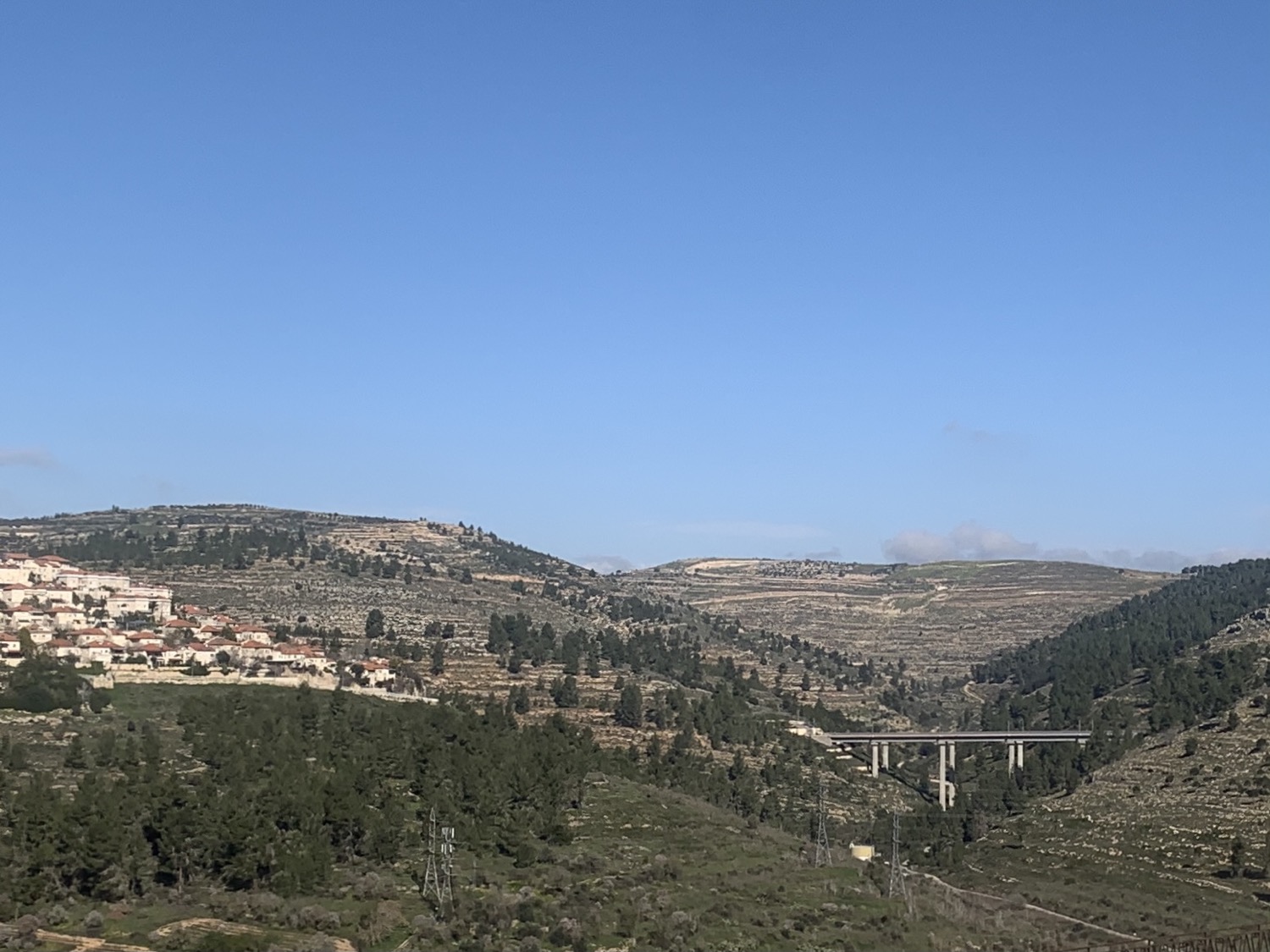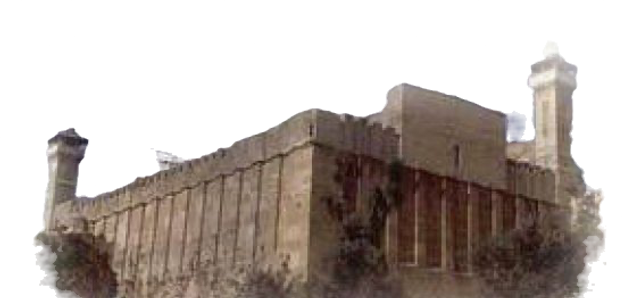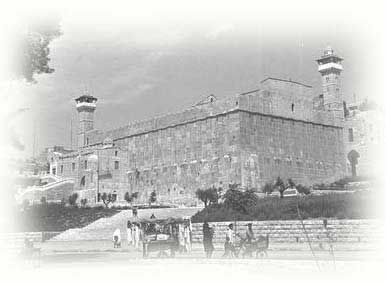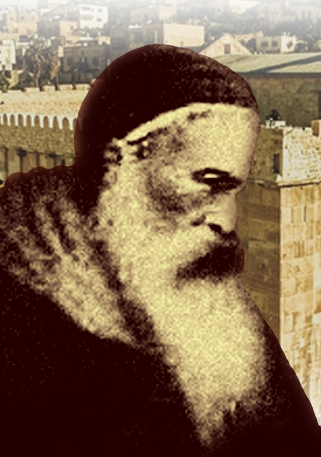The Cave of the Patriarchs and the Temple
- צבי הורביץ

- May 31, 2023
- 3 min read
At the time when our father Abraham asked to buy the cave of Machpelah from the sons of Het, they said to him: We know that G-d will give you and your sons all this land. Make a covenant with us that the Israelites will not inherit the city of Jebus, because it is the will of the Jebusites, and then you will buy the The Cave of the Patriarchs for a permanent possession. And Abraham made a covenant with them and then they sold him the Cave of the Patriarchs for a full sum of money. And so did the Israelites when they conquered the land. Until David came and bought the site of the temple from the Hibbusei for a sum of money.
The Midrash connects the purchase of the Cave of the Patriarchs by Abraham our father, with the purchase of the Temple site by King David.
The struggle for the Cave of the Patriarchs is the struggle for Jerusalem. Avraham felt that he must first buy Hebron, even if by doing so he would bind himself to an oath that would limit the conquest of Jerusalem by his sons. Avraham's property in Hebron taught his sons a way to buy Jerusalem "in a permanent deed for a permanent estate."
What is the city of Jebus?
The city of Yebos - Goren Aruna, the place of the Temple, passes into Israel's possession by way of ownership and not by occupation. This purchase is accompanied by a negotiation reminiscent of Avraham's purchase in Hebron.
Sages pointed out that both in Hebron - the Cave of the Patriarchs and in Jerusalem - Goren Aruna Hibusi belong to those few places, where our possession is well established - in full money and in a lifetime bill.
Rabbi Yodan bar Simon said:
This is one of three places where the nations of the world cannot deceive Israel into saying, Gazolin is in your hands. And these are: the Cave of the Patriarchs, the Temple, and Joseph's burial.
There is a known meaning to the thing bought, by which our inner belonging to the place becomes clear to ourselves. Indeed all these three places that came to the people of Israel by possession and not by occupation were not divided into tribes. Hebron was said not to be divided: "That's why Hebron belonged to a son of a dog - the Kenizi was removed to the estate."
And still Abraham's oath delays the conquest of Jerusalem by David.
In the book of Samuel it is said: "And the king and his men went to Jerusalem to the city of the Hibbusei, the inhabitant of the land, and said to David - "You shall not come here unless the skins and the Passovers are removed..." David waits until the skins and the Passovers are removed. By virtue of the oath of Abraham's covenant, David cannot conquer Jerusalem until the skins and the Passovers are removed. The tablets on which Abraham's covenant is written. Only then did he buy the city of Hibusi for Israel.
David's move from Hebron to Jerusalem indicates a stage in David's reign in which Hebron precedes Jerusalem. David must connect with the ancestors, with the first Adam. Leadership and monarchy in Israel is fed from the roots of the people - ownership of the Land of Israel is the basis of monarchy in Israel.
("Emek Hebron" Noam Arnon)





